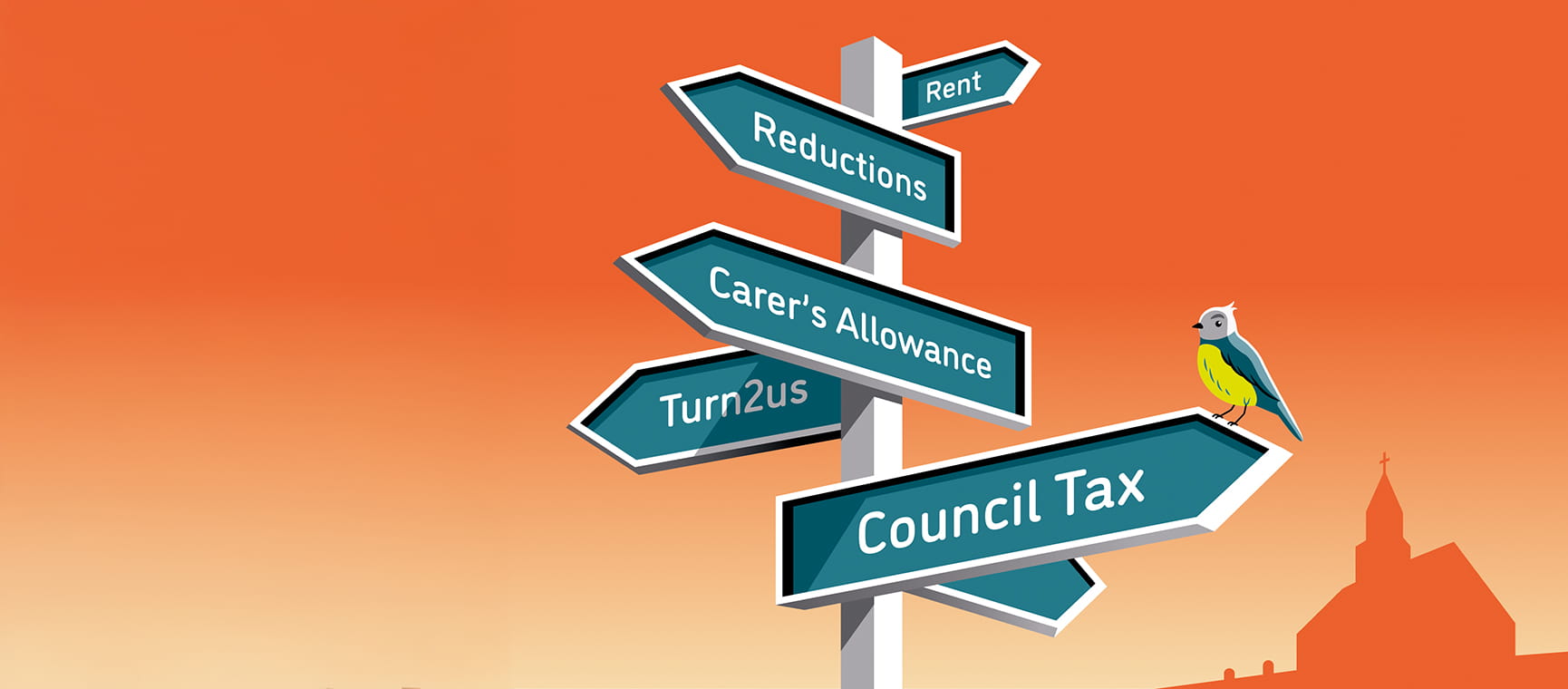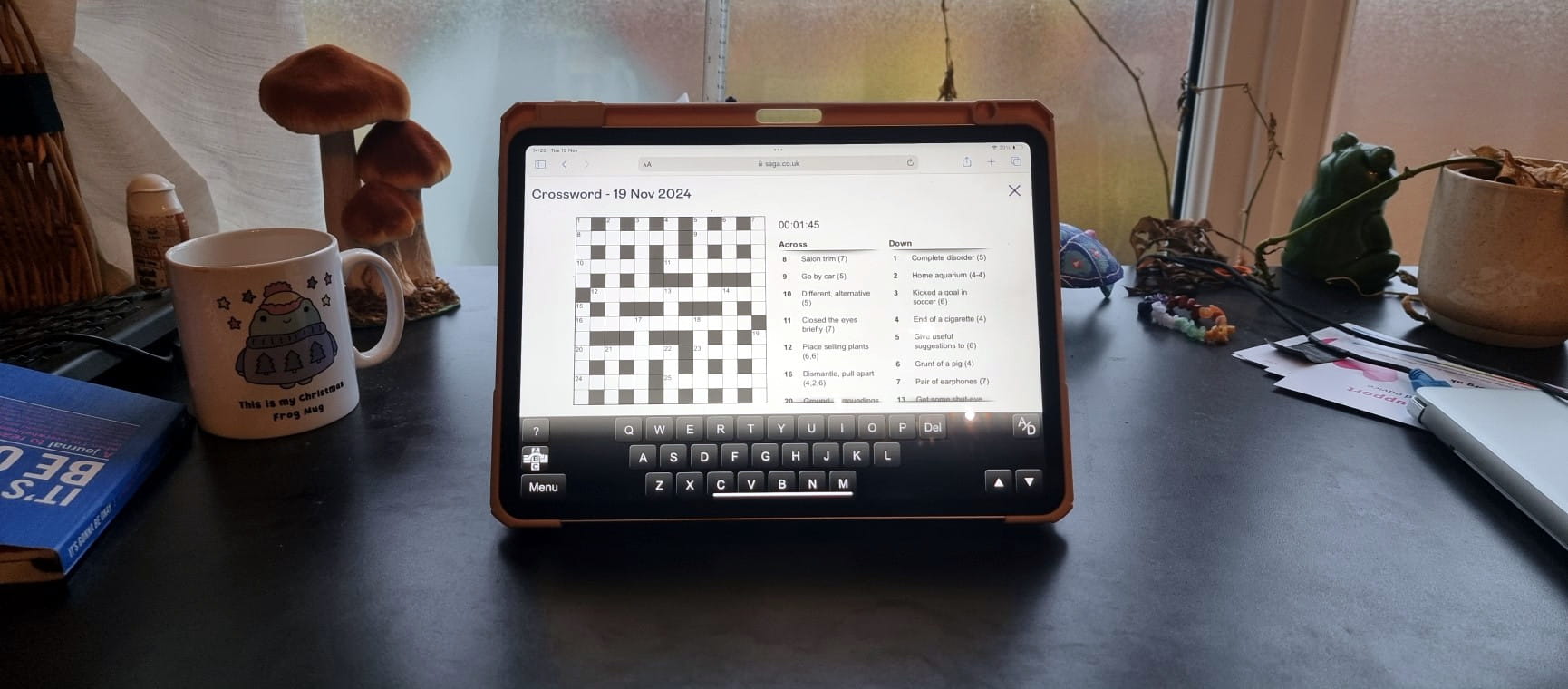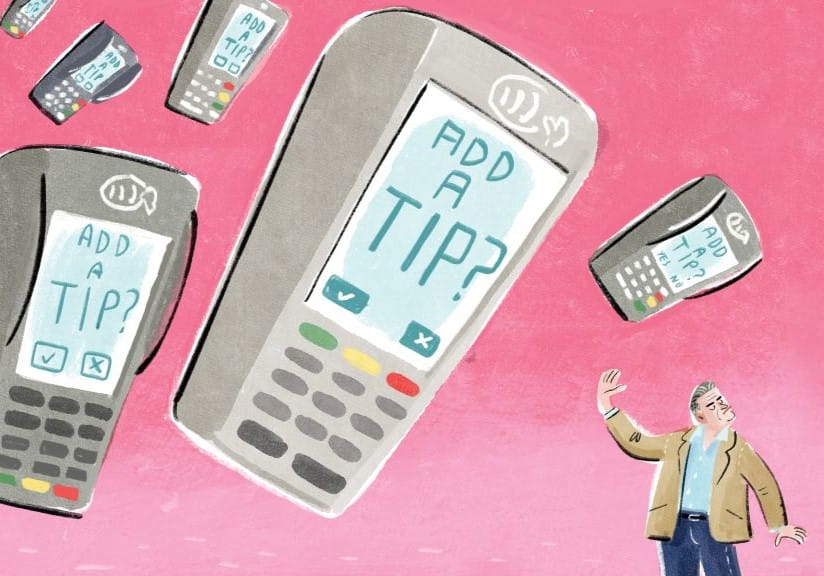
Nearly 100,000 more pensioners than usual applied for the benefit called pension credit last year after the Government announced that it would only be paid to those on that means-tested benefit.
Sadly, official figures indicate that more than 45,000 of them were disappointed as they did not qualify.
But that does not mean that if you were one of them you cannot get some extra help with your income.
Even if your income is too high to get pension credit it is quite possible you can get some reduction in your council tax.
Council tax has risen sharply over the last few years. In 2025 councils in England raised it by 5% – just over £100 a year on an average home, and some by more.
For a single person aged 75 with average council tax of £1,770 (in England), the threshold for getting any help is around £370 a week which is £100 above their threshold to get some pension credit – but note that these thresholds are lower for younger pensioners.
With an income of £308 a week, a single 75-year-old would get around half their council tax paid, as would a couple on £450. Council tax reduction is worth slightly less to younger people born from 1 April 1955.
If you are single you should be getting a 25% reduction in council tax regardless of your income. Apply to your local council and ask what reductions you may be entitled to.
Manchester City Council now exempts residents from council tax if they have a short life expectancy. The tax is waived completely if any member of the household is diagnosed as having less than 12 months to live. The charities Marie Curie and Hospice UK are urging all councils to adopt similar schemes.
People under pension age normally get help with their rent included in their universal credit. But pensioners can still get what is called housing benefit towards their rent. That applies whether they live in council or housing association property or in private rented accommodation.
As with council tax, the thresholds for getting help are much higher than those for pension credit. So even if you have been refused pension credit you may still get some money off your rent. For example, if you pay the average social housing rent of £93.42 a week, a single person can still get some money off that if their income is more than £380 a week.
As with council tax reduction you will get slightly less if you were born from April 1955. Apply to your local council. In Northern Ireland housing benefit is also paid to reduce the rates. Apply to your local housing benefit office.

Get the next 3 print editions of Saga Magazine for just £3 when you subscribe and enjoy more content like this, delivered direct to your door every month.
As we get older the daily tasks we used to take for granted become harder to do.
Once it reaches the point where you need help from someone else to do them, you may be able to claim a tax-free, non-means-tested benefit called attendance allowance.
Do you need help with personal tasks such as getting dressed, eating, moving around, washing, using the toilet? Do you need supervision to stay safe? Losing your vision or hearing can also qualify you if it means you need help.
Attendance allowance is either £110.40 a week or £73.90 depending on how much help you need. Your disability must be long-term and can be physical or mental. It does not matter who gives the help – the council, a paid person, a relative, a partner, or even if no one does – the key thing is that you need it.
Attendance allowance is paid to people aged 66 or more if the help has been needed for six months. A research group Policy in Practice estimates that more than a million pensioners could qualify for it but do not claim, missing out on more than £5 billion a year. If you are in a care or nursing home you can only get attendance allowance if you pay all your own fees.
In Scotland, attendance allowance is being replaced by pension age disability payment. It is the same amount and has the same rules.
People who have been diagnosed with an illness that gives them less than 12 months to live can get attendance allowance at the higher rate without meeting any other conditions.
To qualify you need a medical professional to complete a form called SR1 (BASRiS in Scotland). The benefit should be paid quickly and will last until you die.
You can claim online or you can call 0800 731 0122 in England and Wales, 0800 182 2222 in Scotland, or 0800 587 0912 in Northern Ireland.
The charity Marie Curie has information about how to claim benefits with a terminal illness.
If you care for someone who has a severe disability, you may be able to get a benefit of £83.30 a week called carer’s allowance.
If you spend at least 35 hours a week caring for someone you will be eligible if they get a benefit such as attendance allowance, personal independence payment (PIP), or their Scottish equivalents. It is not means-tested but if you work and earn more than £196 a week then it stops – that is just 16 hours a week at the national living wage of £12.21 an hour.
You cannot get carer’s allowance as well as the state pension – you get whichever is the higher, normally your state pension.
If you are able to claim pension credit, it opens up a whole range of other benefits, including a free TV licence if you are over 75. Read more from Saga Money about who is eligible for pension credit and the extra benefits that pension credit can bring.
Saga Money also has a guide to what other benefits you might be eligible for, as well as how to reduce your council tax bill.
Paul Lewis is a prize-winning financial journalist and presenter of Money Box on Radio 4. He also writes extensively on personal finance and money matters for Saga Magazine, the Financial Times, Money Marketing and a wide variety of other publications.
Paul is the author of numerous books including Beat the Bank, Pay Less Tax and Money Magic.He has won a lifetime achievement award from the Association of British Insurers, and been named Consumer Pension and Investment Journalist of the Year.



The ultimate guide to Saga Puzzles, full of technical tips, tricks and hints.

With the start of the new financial year on 6 April, our money expert explains the changes to your pension, benefits and taxes.





